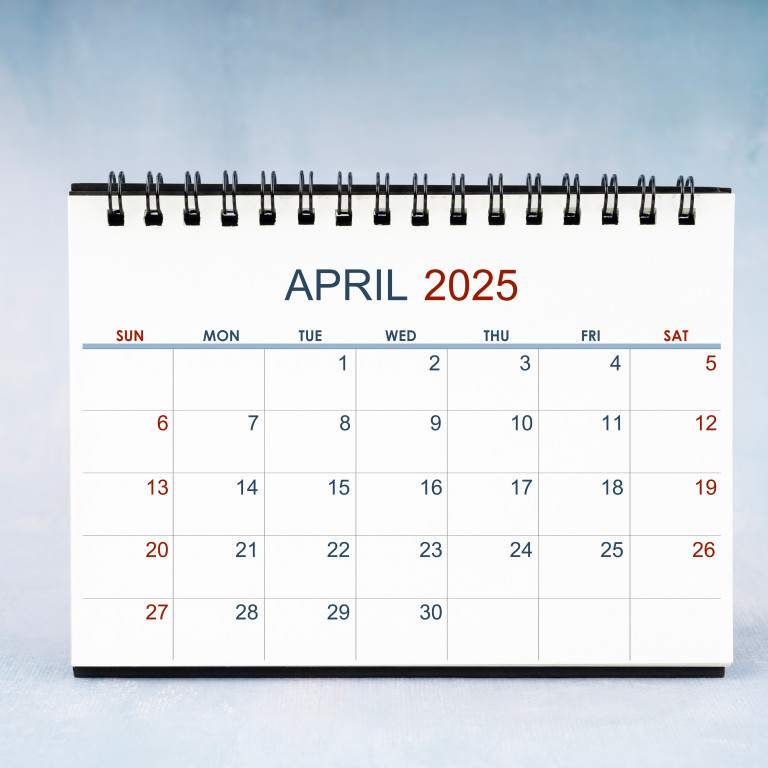Sometimes you will receive a letter asking you to desist from using an image/form of wording because you have infringed someone’s copyright and it may be paired with legal undertakings. Or you may be told to pay a sum of money. Any such correspondence should be taken seriously and seeking legal advice as soon as possible will allow you to find the best way forward and protect your business from risk.
What is copyright infringement?
The law rewards creative people which means that owners of copyright enjoy certain, exclusive rights. These rights enable them to exploit their work (and often charge for this) and to control how their work is used by third parties. If somebody uses their work without permission they can sue for infringement. Any unauthorised use is often referred to as a ‘restricted act’.
Is the only solution for me to meet their demands?
Thankfully not. There are several different ways forward, including:
- Disputing that there is copyright ownership in the works (a common defence) and asking for proof.
- Disputing the opponent’s ability to sue for infringement (where they are not the copyright owner).
- Disputing the sum claimed and negotiating it down.
- Negotiating with the opponent so that you promise not to use the copyright-protected work (without admitting any liability). This can sometimes be achieved without any costs liability.
- Negotiating a licence with the opponent. Again, this can sometimes be achieved without any costs liability for the infringement.
- Engaging in alternative dispute resolution (‘ADR’).
‘Making a payment will end the matter, right?’
- This misstatement will leave you/your business open to risk. Making a payment will not protect you from future demands for more payments and/or court action unless there is a carefully drafted agreement/undertaking to the contrary.
‘I’ve deleted the copyright protected work so there’s no risk of being sued now is there?’
- If there has been infringement, the opponent could still sue you because the infringement has already taken place.
What happens if I don’t do anything?
The opponent may issue proceedings. Once started, you will have to meet strict timescales set by the Court and you will likely incur legal costs that will not be recoverable from the opponent in the event that you are successful. This may be due to:
- The Court’s fixed costs regime (where you only recover a percentage of your costs)
- The infringement being valued at £10,000 or less, in which case you cannot recover any costs.
What is the benefit of seeking legal advice?
You often have one chance at defending your claim and instructing a solicitor gives you the best chance of framing your defence in the strongest way. Seeking advice at an earlier stage will also reduce your chances of prejudicing your legal position.
How can Tozers help with copyright disputes?
Do not automatically assume that the person writing to you knows what they are doing or that you must meet their demands. The correspondence is a step an opponent is bound to take to protect their activities but it is our experience that these matters are always best approached through a constructive dialogue.
Contact us today
We are experts in dispute resolution and we are ranked in the top percentile for client satisfaction. Wherever possible the focus will be on settling the claim most cost-effectively, often without recourse to proceedings.






